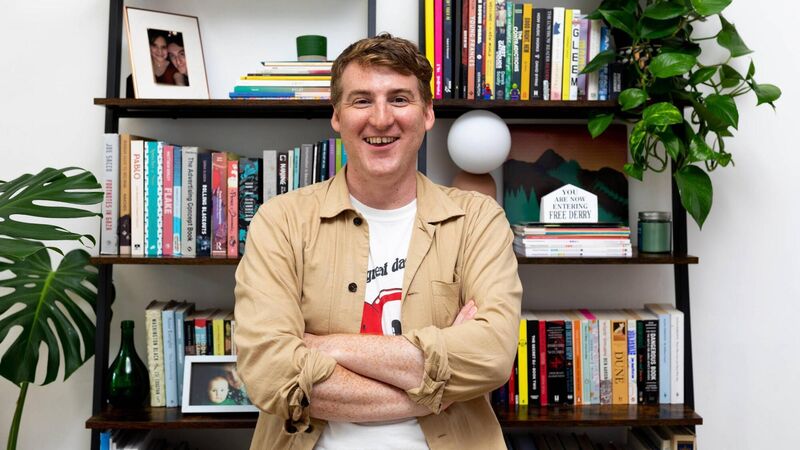Seamas O'Reilly: Roald Dahl edits more about corporate ownership than a 'woke elite'

Seamas O'Reilly. Picture: Orfhlaith Whelan
This week, it emerged that the works of Roald Dahl had been revised for their new editions, and the press ran riot with the story that the greatest canon in children’s literature was being vandalised by the wokerati.
Some of the proposed changes are inelegant, to put it mildly. Some are merely artless while others are almost provocatively strange. Changing “How I’d love to walk in and slosh it all over old Grandma and watch the ticks and fleas go jumping off her” to “How I’d love to walk in and slosh it all over old Grandma and give her quite the fright” feels needless to the point of absurdity, especially when one considers that the plot of George’s Marvellous Medicine - the deliberate poisoning of an old woman using household liquids – remains in place. The choice to remove a sentence like “the machines were both black” is so garbled, it’s tempting to think it was done by an over-enthusiastic AI, trained to find problematic key words on sight. But, even here, we rarely venture beyond head-scratching territory, and reading the full list of changes does give one the sense that examples are thinner than the outraged commentariat would prefer.









